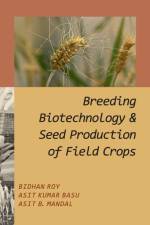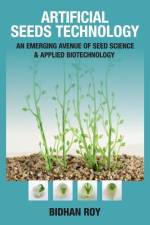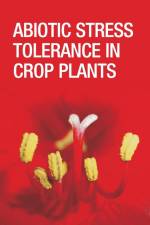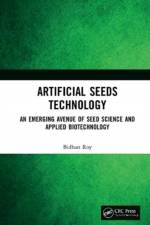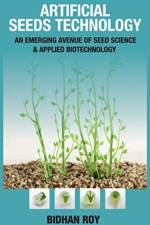- Breeding and Biotechnology
av Bidhan Roy
2 291
Abiotic stresses have become an integral part of crop production. One or other persist either in soil, water or in atmosphere. The information in the areas of injury and tolerant mechanisms, variability for tolerance, breeding and biotechnology for improvement of crop plants against abiotic stresses are lying unorganized in different articles of journals and edited books. This information is presented in this book in organized way with up-to-date citations, which will provide comprehensive literatures of recent advances. More emphasis has been given to elaborate the injury and tolerance mechanisms, and development of improved genotypes against stress environments. This book also deals with the plants' symptoms of particular abiotic stress, reclamation of soil and crop/cropping pattern to over come the effect of adverse condition(s). Each has been laid out with systematic approaches to develop abiotic stress tolerant genotypes using biotechnological tools. Use of molecular markers in stress tolerance and development of transgenic also have been detailed. Air pollution and climate change are the hot topic of the days. Thus, the effect of air pollution and climate change on crop plants have been detailed in the final three s of this book. Under abiotic stress, plant produces a large quantity of free radicals (oxidants), which have been elaborated in a separate 'Oxidative Stress'. This book has been divided into seven major parts- physical stress (salt), water stresses (drought and waterlogging), temperature stresses (heat and cold), metal toxicities (aluminium, iron, cadmium, lead, nickel, chromium, copper, zinc etc) and non-metal toxicities (boron and arsenic), oxidative stress, and finally atmospheric stresses (air pollution, radiation and climate change). Hope, this book will be of greater use for the students and researchers, particularly Plant Breeders and Biotechnologists as well as the Botanists, to understand the injury and tolerance mechanisms, and subsequently improvement of crop genotypes for abiotic stresses.

